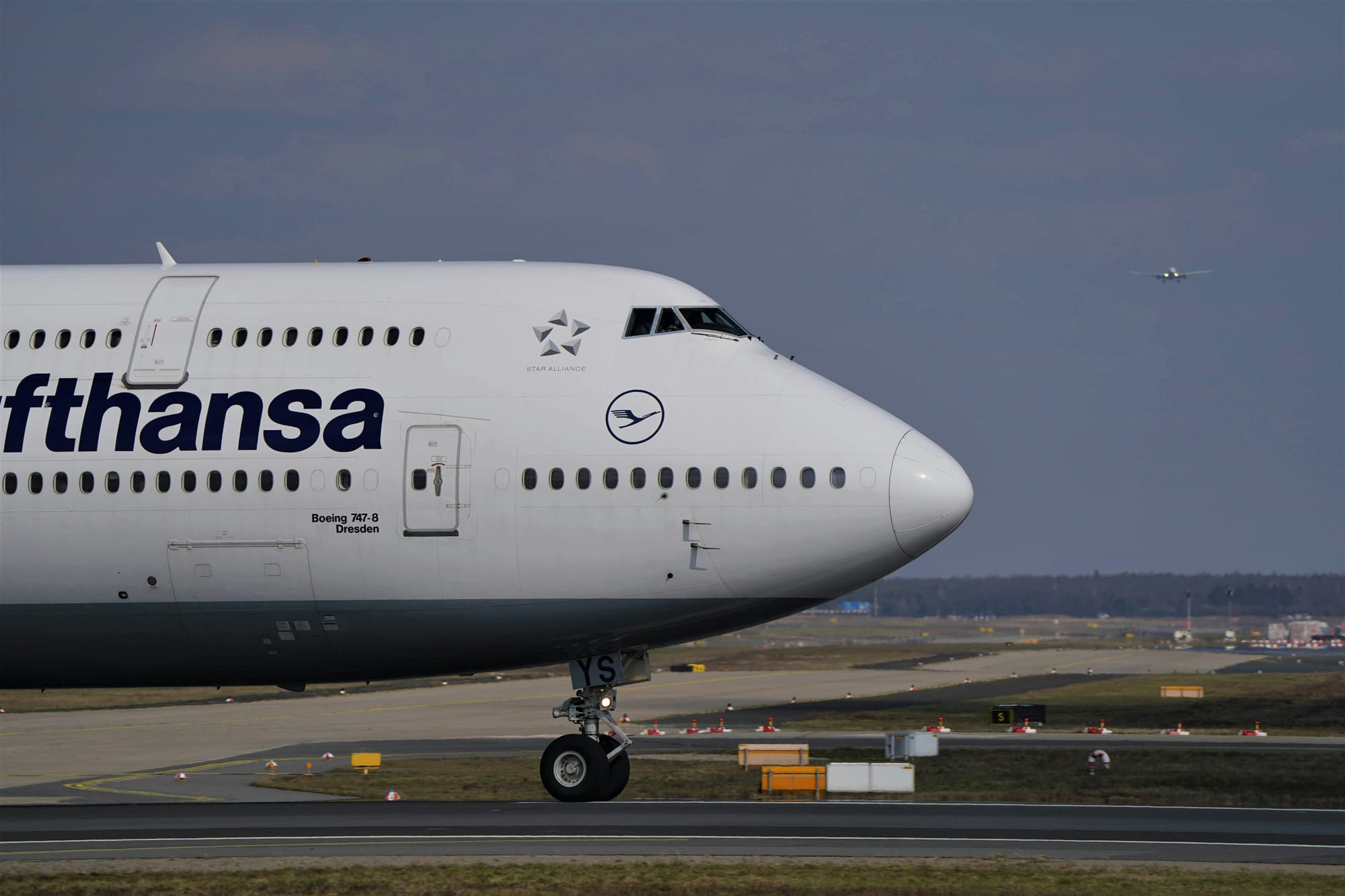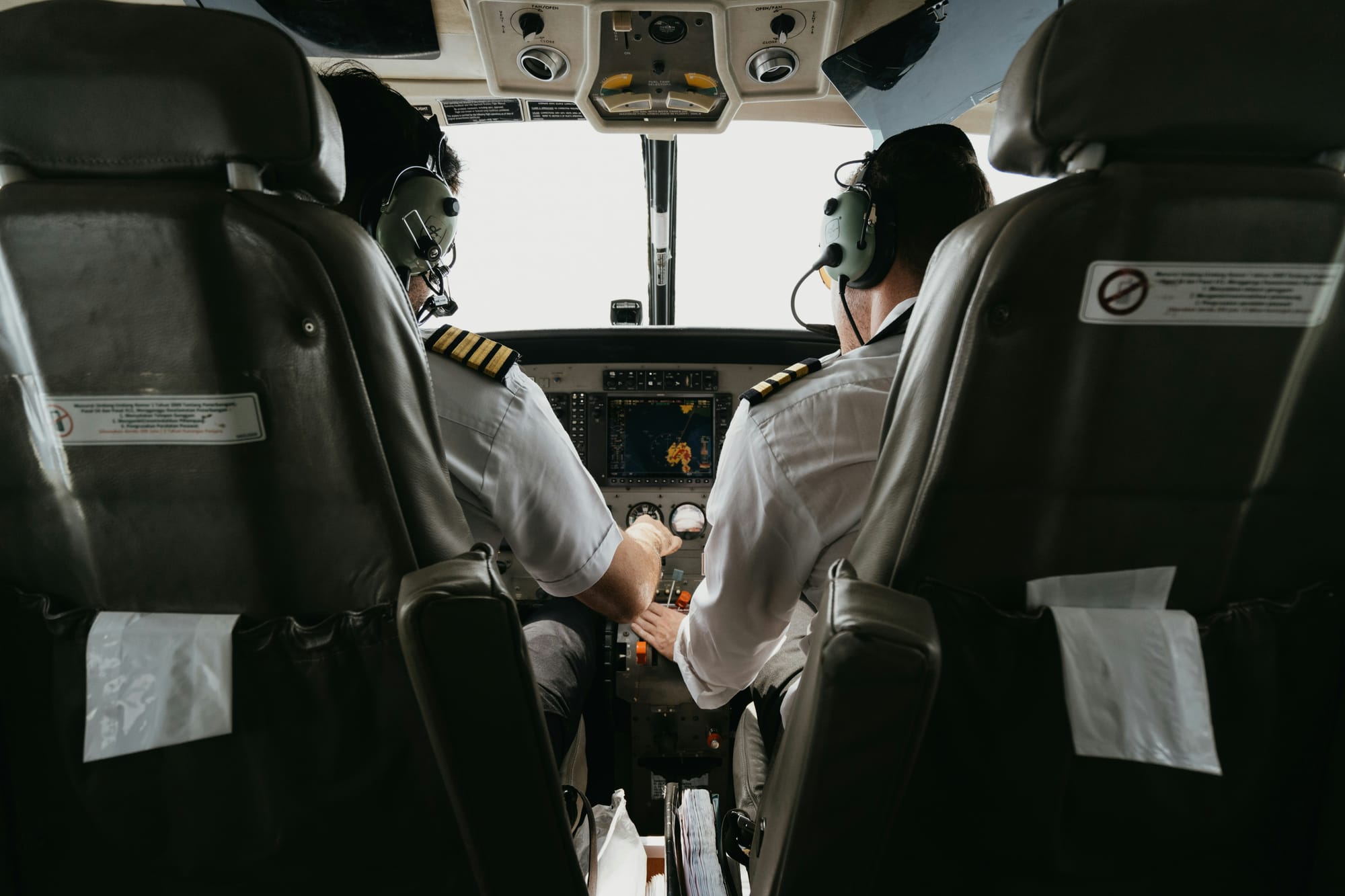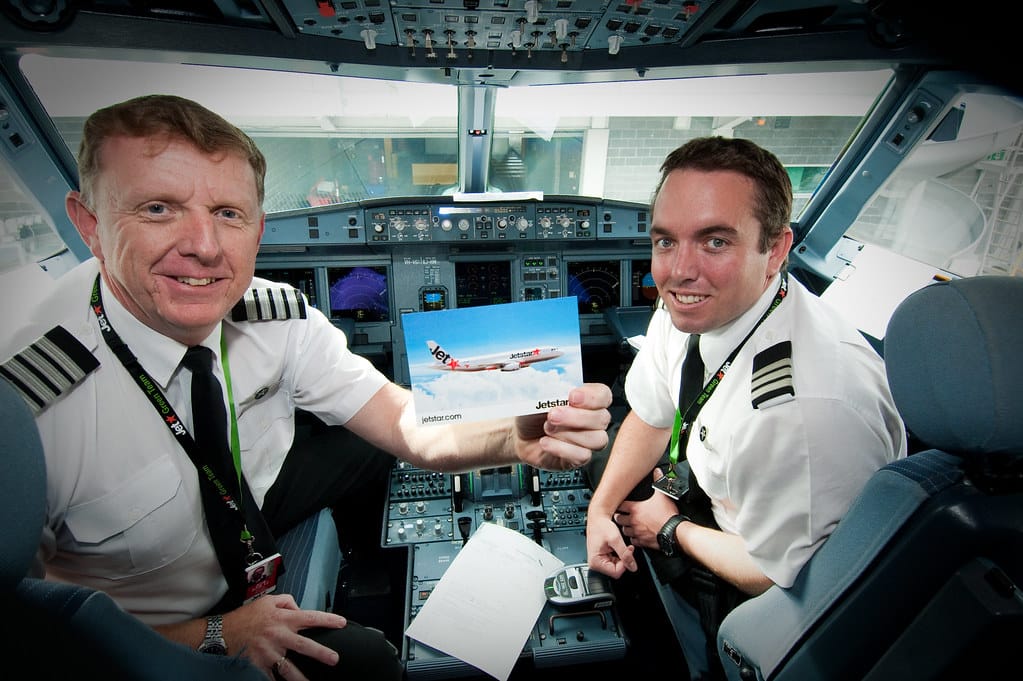Airline Junk Fees: An Anti-Consumer Practice that Needs to End

The excitement of booking a flight for a long-awaited vacation or important business trip can quickly turn to frustration when faced with the myriad of additional charges airlines impose. Known as “junk fees,” these hidden costs significantly inflate the price of what initially appeared to be an affordable ticket. As more consumers voice their dissatisfaction, it's essential to examine why these fees are inherently anti-consumer and advocate for a pricing model that offers transparency and fairness.
The Breakdown of Airline Junk Fees

Junk fees encompass a range of additional charges that airlines add to the base ticket price. These can include:
- Baggage Fees: Charges for checked bags and sometimes even carry-ons.
- Seat Selection Fees: Costs associated with choosing a specific seat, often including those for extra legroom.
- Booking Fees: Fees for booking via certain methods, such as through a call center or at the airport.
- Fuel Surcharges: Additional costs attributed to fluctuating fuel prices.
- In-Flight Services: Fees for meals, beverages, and entertainment.
- Change and Cancellation Fees: High charges for altering or canceling a reservation.
These fees can quickly add up, turning a seemingly budget-friendly fare into a far more expensive journey.
The Case for All-Inclusive Pricing

The primary issue with junk fees is their lack of transparency. Consumers are typically lured in by a low advertised fare, only to be hit with numerous additional costs as they proceed with their booking. This practice is not only misleading, but also makes it difficult for travelers to compare prices across different airlines accurately.
In a truly consumer-friendly model, the cost of an airline ticket should reflect the total price upfront, encompassing all mandatory fees. This approach would allow passengers to make informed decisions and budget their travel expenses more effectively. It also fosters trust between airlines and their customers, promoting loyalty in an industry where competition is fierce.
The Anti-Consumer Nature of Junk Fees

Airline junk fees can be seen as anti-consumer for several reasons:
- Deceptive Pricing: The practice of advertising low fares and then adding fees during the booking process is a form of bait-and-switch. It can mislead consumers and complicate their ability to make price comparisons.
- Erosion of Trust: When customers feel they are being deceived or nickel-and-dimed, their trust in the airline diminishes. This negative perception can damage a brand's reputation and deter repeat business.
- Financial Strain: For budget-conscious travelers, unexpected fees can cause financial strain. What might have been an affordable trip can become burdensome, leading to potential financial hardship.
- Accessibility Issues: Junk fees can disproportionately affect lower-income travelers. Essential services like seat selection and checked baggage should be part of the base fare to ensure accessibility for all passengers, regardless of their financial situation.
The Push for Regulation

To combat the proliferation of junk fees, there has been a growing call for regulatory intervention. Several consumer advocacy groups and legislators argue for laws that require airlines to include all mandatory fees in the advertised ticket price. Such regulations would compel airlines to adopt a more transparent pricing structure, benefiting consumers by providing clarity and fairness.
In some regions, steps have already been taken to address this issue. For instance, the European Union's legislation mandates that all operational costs must be included in the initial price shown to consumers. Similar measures should be adopted globally to protect travelers and promote an equitable market.
Final Thoughts
The prevalence of airline junk fees is a glaring example of an anti-consumer practice that needs to be eradicated. By ensuring that ticket prices reflect the total cost of travel, airlines can foster trust, enhance transparency, and provide a fairer experience for all passengers. Regulatory bodies must step in to enforce these changes, ensuring that the skies remain friendly and accessible for everyone. Until then, consumers must remain vigilant, reading the fine print and advocating for their rights in the face of deceptive pricing strategies.





